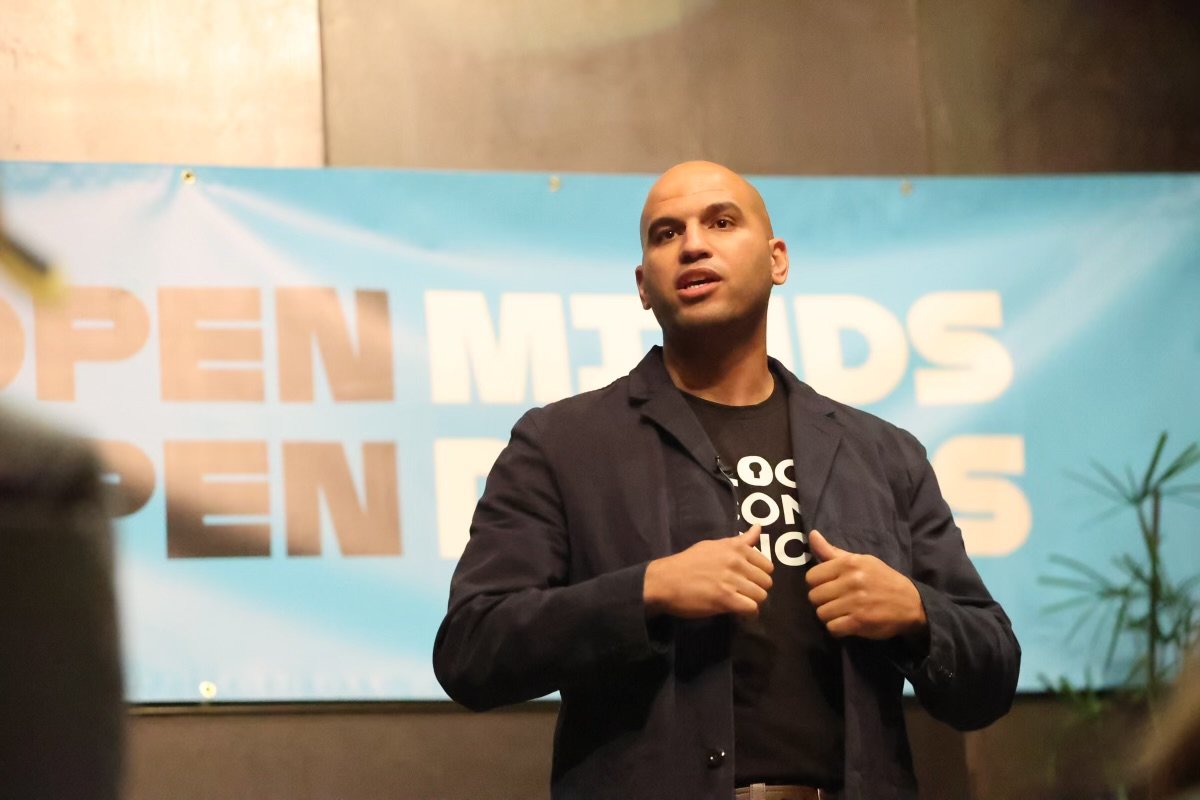
Opportunity Denied
At 18, Yusuf Dahl was convicted of drug distribution. In the ensuing 25 years he built a successful career as a software developer, created a thriving low-income housing company, earned his master’s degree from Princeton University, and launched a real estate entrepreneurship program for at-risk young adults. He was even featured on Good Morning America as an example of someone who “overcame the odds.” Despite these achievements, he was denied housing in 2022 because of his conviction.
The Thurmond Amendment singles out drug distribution convictions to deny thousands of Americans second chances and access to housing every year.







